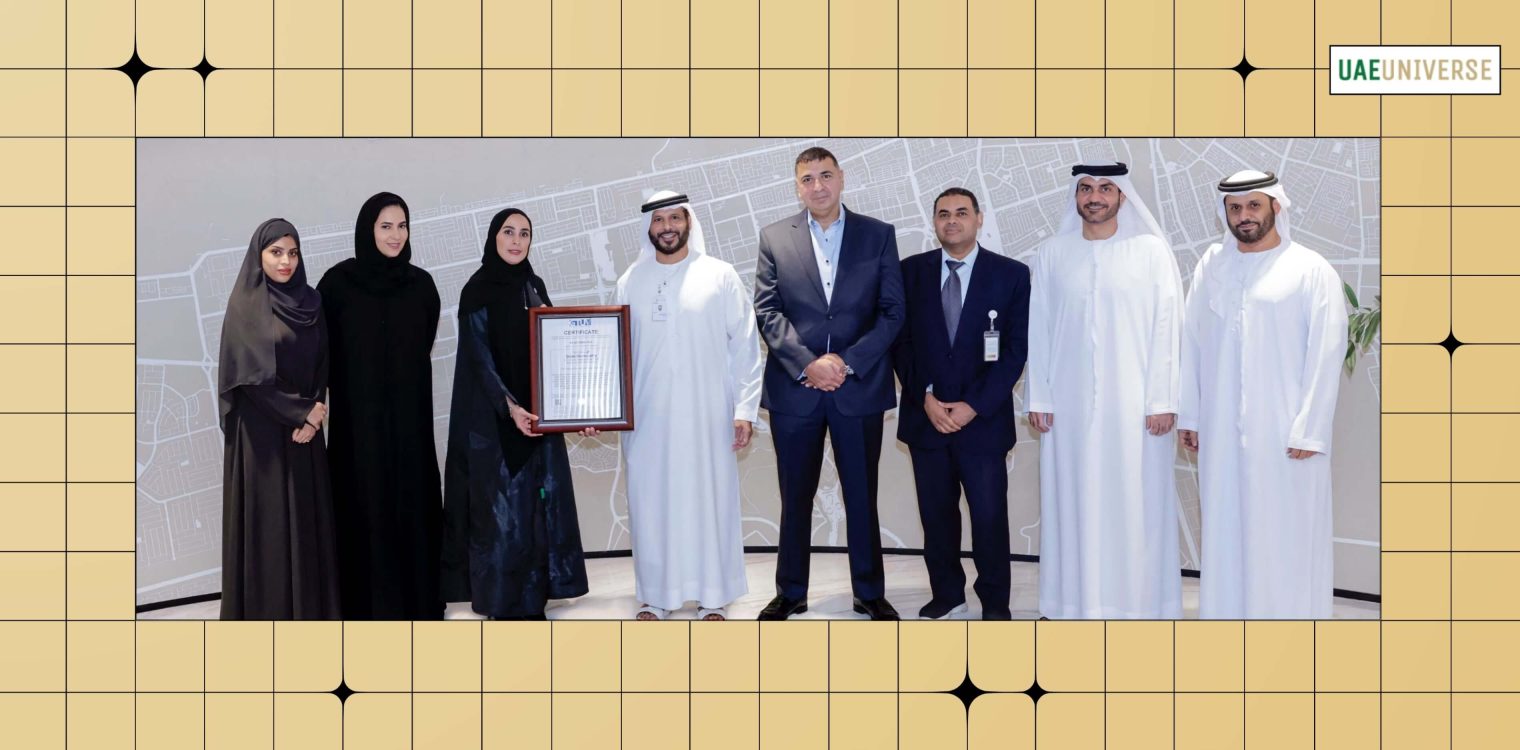Dubai Municipality received the international certification for conformity with the global standard on Gender Equality and Women’s Empowerment (ISO 53800) from Global TUV (gTUV), a top international organization in auditing, inspection, and certification of conformity with global standards, becoming the world’s first to get this acknowledgment.
The milestone, which comes on the occasion of Emirati Women’s Day on 28 August every year, signifies the pivotal role played by women in the country’s development process and the government’s visionary empowerment policies based on justice, merit, and equity. It is also consistent with the UAE’s ‘Year of Community’, promoting values of social justice and inclusive engagement, and transmitting the strong signal that gender equality and women’s empowerment are not only institutional values, but also keys to sustainable development and social cohesion.
His Excellency Eng. Marwan Ahmed bin Ghalita, Director General of Dubai Municipality, stated: “We are proud of this accomplishment, which reiterates Dubai and the UAE’s leadership in pushing forward gender equality and women empowerment in accordance with the directives of our leadership. It indicates our dedication to making equality and empowerment both social and institutional values founded on fairness and merit.”.
At Dubai Municipality, we are proud to receive this global recognition, which reflects our commitment to empowering women and assisting them in making even more achievements, in alignment with national empowerment initiatives and the UAE National Strategy for Empowerment of Emirati Women 2023–2031.
It also reiterates our commitment towards creating an equitable workplace that promotes competence without discrimination, adopts the best international benchmarks in gender equality, and empowers Emirati women, and thereby presents Dubai as a visionary city leading institutions across the world to bring principles to tangible effect. Nasser BuShehab, Dubai Municipality’s Planning and Governance Sector CEO, highlighted the accomplishment as a critical milestone towards further developing a positive workplace culture.
He added: “We are proud to announce that Dubai Municipality is the first organization in the world to be certified to meet the ISO 53800 standard. This achievement reinforces our path towards establishing an inclusive workplace environment to support equality, empower women, and give opportunities for career growth to all employees in a non-discriminatory manner, in addition to maintaining work-life balance.”.
In the same vein, Azza Al Marzooqi, Head of Human Resources Department at Dubai Municipality, added that this international acknowledgement is in support of our employee happiness initiative, drives satisfaction, productivity, and talent retention — directly affecting the quality of services we provide to Dubai’s community.
Global Leadership
The UAE has made remarkable progress in advancing gender balance and women’s empowerment, establishing itself as a global leader in this field. The UAE ranked 7th globally and 1st in the region in the United Nations Development Programme’s Gender Inequality Index (GII) for 2024, a significant rise from its 49th position in 2015, and 11th place in both 2021 and 2022.
This accreditation, which underscores the maturity of Dubai Municipality’s human resources policy and governance systems, enhances its capacity to recruit and retain best talent, and promote innovation and excellence in public service delivery.
ISO 53800 Standard
The global standard ISO 53800 is published by the German firm TUV, a worldwide authority on auditing, inspection, and certification with vast experience across global markets and the Gulf region. The firm is accreditted by a broad spectrum of standards and accrediting bodies, such as the Emirates International Accreditation Centre, the German Accreditation Body, and the American Accreditation Body.
ISO 53800 is the global firstᎢ international standard exclusively committed to offering a complete framework for advancing gender equality and women’s empowerment in the workplace. It addresses central themes such as internal policies, equal opportunities, empowering leadership, equitable pay, and equitable organisational and administrative practices.









